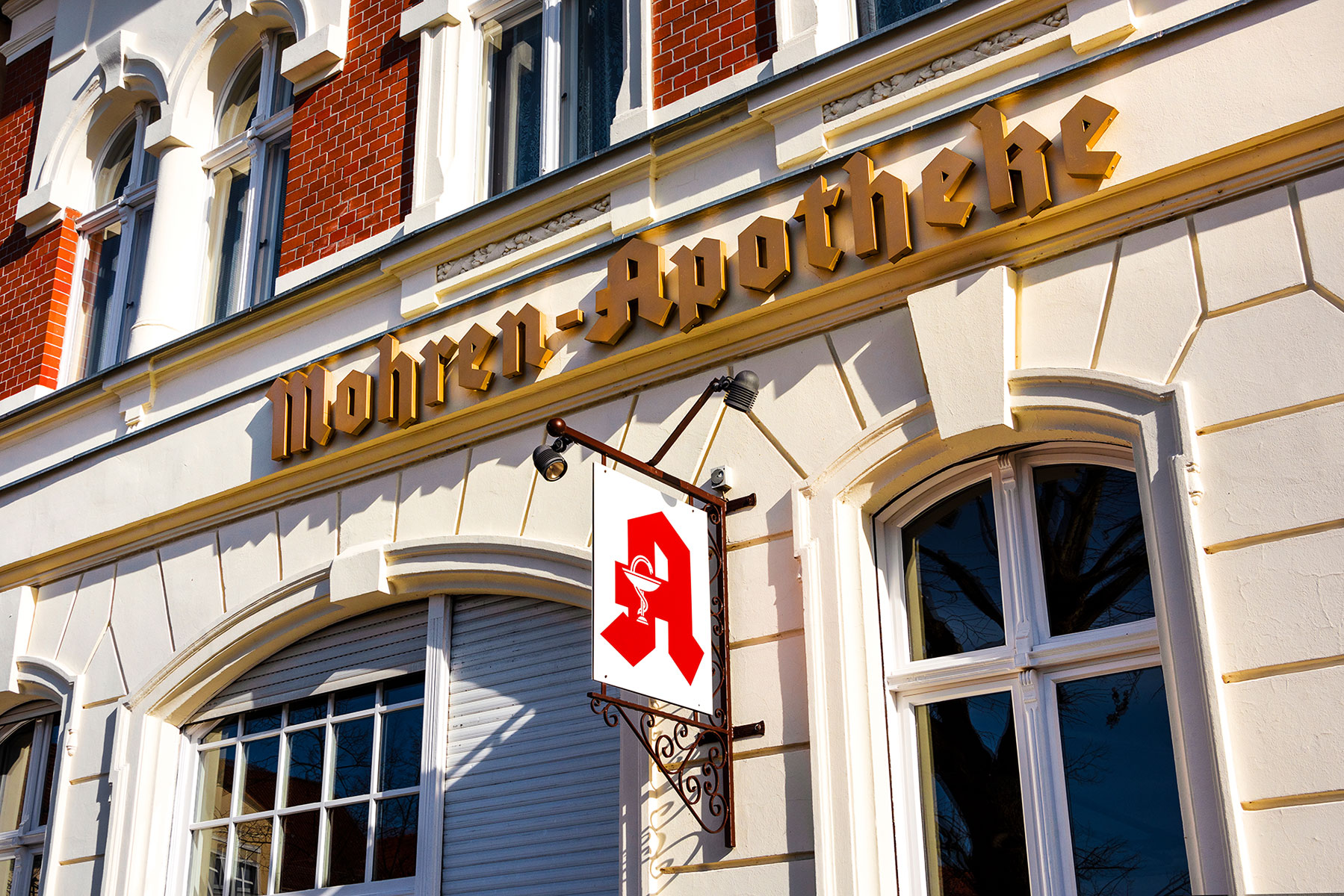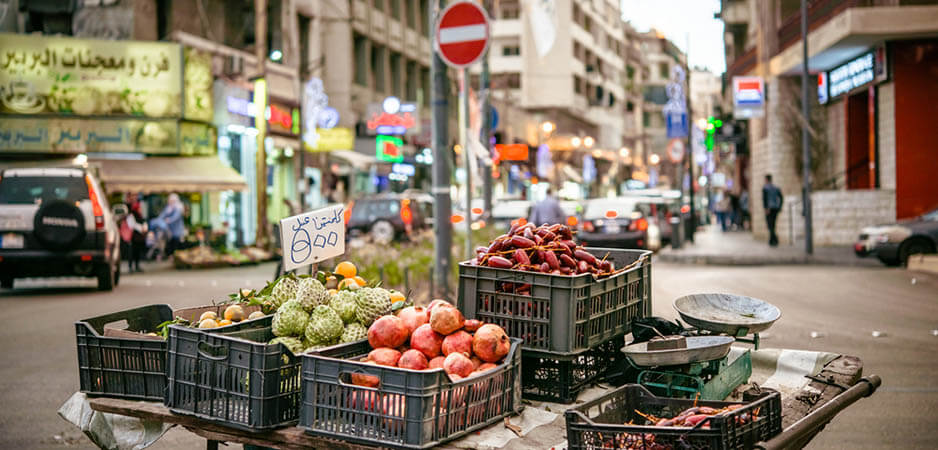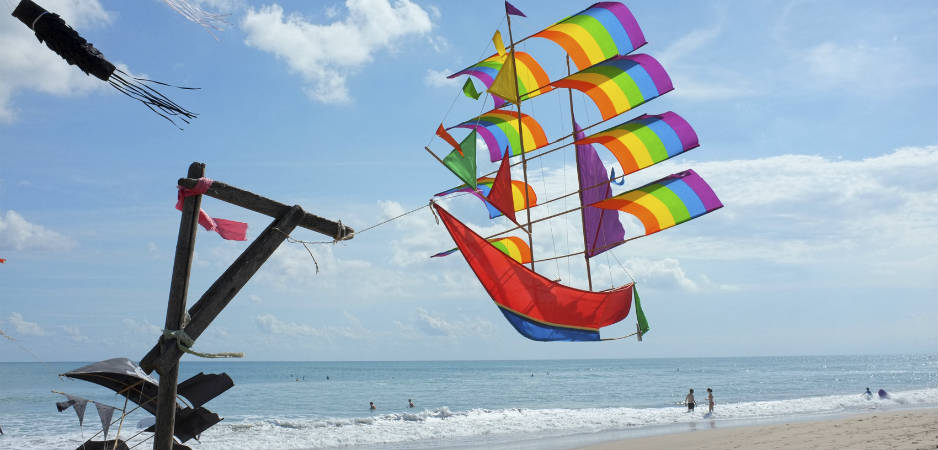[The New Humanitarian first published this article.]
As the first and only female CEO of an international refugee rights organization with lived experience of forced displacement, I am painfully aware that colonialism and white supremacy are central to the formation and functioning of the global refugee protection system.
Having to continually prove this obvious fact is exhausting, but I know it is part of my fight to end the systematic stigmatization and oppression of forcibly displaced people by the same institutions that claim to help us.
I became a forcibly displaced person on 2 July 2013 when my father—a prominent political activist—was disappeared by the Syrian regime for speaking up alongside millions of others demanding freedom, justice, and the rule of law.
I was in the United States at the time, attending a summer school program in Rhode Island and sitting in a classroom when I received a Facebook message from one of my sisters: “They took him. We are leaving,” it said. My mother and sisters immediately escaped to Türkiye. Just like that, I lost my father, my home, and my country.
I’ve only recently had the chance to start digesting what happened. Like many other refugees, I first of all had to get busy trying to figure out how to survive. But the moment I began to exist as a queer, brown, forcibly displaced woman, I also realized my fight for inclusion and rights did not end in Syria. I found that even as I continued to support people protesting for basic rights back in my home country, I also had to fight the injustices in my new environment.
Become part of the world’s biggest dialogue experiment
We’ve teamed up with media outlets around the world for a global dialogue experiment—and you’re invited to be a part of it. I started to feel how colonialism and white supremacy are infused into the experience of being a forcibly displaced person almost immediately. Some non-refugee community members in the United States questioned whether I truly needed protection. I didn’t fit the destitute, downtrodden image of refugees they’d seen in fundraising material from aid organizations, and I was frequently told I “spoke very good English”.
I also quickly realized that the refugee protection system in the United States and globally had little room for people with first-hand experience of forced displacement to advocate for ourselves or to contribute to—let alone lead—policy conversations directly relevant to our lives. I was invited to events for organizations raising money to support refugees where my role was to put a face to the issue and make an emotional appeal for donations. But when it came to talking about solutions or what should be done, I felt silenced and excluded.
“These ‘experts’ have been able to define our experiences and make policies about what happens with our lives while people like me have been blocked from the rooms where decisions are made.”
Instead, conversations about refugees and migration were dominated by Western ‘experts’ who had never experienced forced displacement and who lived thousands of kilometers away from where the political repression, conflicts, and human rights violations that drive people from their homes actually take place.
These ‘experts’ have been able to define our experiences and make policies about what happens with our lives while people like me have been blocked from the rooms where decisions are made. This fact is not unintentional: It’s a product of how the global protection system for refugees was designed.
Roots of the system
Last year, I read the notes from the UN conference convened to draft the 1951 Refugee Convention. The failure of countries to provide safe haven to people being persecuted and killed by Nazi Germany during World War II was the main catalyst behind the effort. But as I read the notes—despite everything I have experienced—I was stunned to see how dehumanizing and racist the discussion had been.
According to one contemporary civil society observer: “[One] might easily have gathered the impression that the average refugee was a black marketeer in currency, a bankrupt, a dangerous criminal, an enemy agent, a menace to the labour market and a person unfit for higher education.”
In other words, many of the delegates who created the architecture of the global protection system viewed refugees as economic and security threats—a problematic perception that continues to dominate narratives about forcibly displaced people.
And who were those delegates? At the time, there were 60 UN member states—compared to 193 today. Many countries in Africa, Asia, the Caribbean, and the Pacific were still colonized. Global North countries wielded outsized influence on the drafting of the Convention, according to Ulrike Krause, a researcher and professor of forced migration and refugee studies.
The result was a decision to only extend UN refugee protections to people displaced within Europe prior to 1951. Key framers of the Refugee Convention—including the United States, France, and Italy—did not want forcibly displaced people from recently partitioned India and Pakistan, the Middle East, and elsewhere reaching their borders and claiming protection.
The geographic limitation on who could be afforded refugee status was lifted in 1967, after many colonized countries had gained their independence and joined the UN. But the international protection system and narratives about refugees continue to reflect the same colonial attitudes and racist biases displayed in 1951. The differing perception and treatment of Ukrainian and non-Ukrainian refugees by Global North countries is a testament to this fact.
In the context of Ukraine, we have seen what is possible when all actors come together to respond to a forcibly displaced community with dignity and respect for their human rights. This is the correct response. And it is one that all refugees—regardless of our race, ethnicity, gender, or class—should receive, but do not.
Moving toward a more equitable sector
In 1975, the author Toni Morrison said: “The very serious function of racism is a distraction. It keeps you from doing your work. It keeps you explaining, over and over again, your reason for being.”
Systematically marginalized communities—including forcibly displaced people—find ourselves having to play the role of educator over and over again to explain factual, highly documented, systemic injustices like the one I just outlined above. Meanwhile, organizations point to small or symbolic improvements as reason for celebration rather than doing the hard work of actually trying to change. As I said before, it’s exhausting.
“For transformative change to happen, more people in the sector have to do the hard work of examining their biases, prejudices, positioning, and privileges.”
Far too often, people hide behind the idea that they are “helping others” or “doing good” to avoid having difficult conversations about how colonialism and racism constitute the very foundation of the refugee protection sector.
Instead of endlessly rehashing what should be a settled debate, we need to be asking how we can move towards a more just and equitable refugee response sector where people who have experienced forced displacement are leading the solutions for their own communities.
The sector isn’t going to do this on its own. We need a grassroots movement where refugees and allies can build trust and reconciliation through acknowledgment and accountability about past wrongs and how the sector currently functions. We need a movement where refugees lead the way, while true allies ensure that they are not taking power and agency away from people in the name of empowering them.
The good news is, this movement has already started. Equitable collaborations between refugee-led initiatives and allies are showing that it’s possible to shift power and resources toward refugee-led work. But for transformative change to happen, more people in the sector have to do the hard work of examining their biases, prejudices, positioning, and privileges. And organizations need to undertake the same journey so we can realize equity in the workplace, in our programs, and in our collaborations to build a refugee protection sector led by refugees for refugees.
Edited by Eric Reidy and Moulid Hujale for The New Humanitarian
The views expressed in this article are the author’s own and do not necessarily reflect Fair Observer’s editorial policy.
For more than 10 years, Fair Observer has been free, fair and independent. No billionaire owns us, no advertisers control us. We are a reader-supported nonprofit. Unlike many other publications, we keep our content free for readers regardless of where they live or whether they can afford to pay. We have no paywalls and no ads.
In the post-truth era of fake news, echo chambers and filter bubbles, we publish a plurality of perspectives from around the world. Anyone can publish with us, but everyone goes through a rigorous editorial process. So, you get fact-checked, well-reasoned content instead of noise.
We publish 2,500+ voices from 90+ countries. We also conduct education and training programs
on subjects ranging from digital media and journalism to writing and critical thinking. This
doesn’t come cheap. Servers, editors, trainers and web developers cost
money.
Please consider supporting us on a regular basis as a recurring donor or a
sustaining member.
Support Fair Observer
We rely on your support for our independence, diversity and quality.
Will you support FO’s journalism?
We rely on your support for our independence, diversity and quality.






